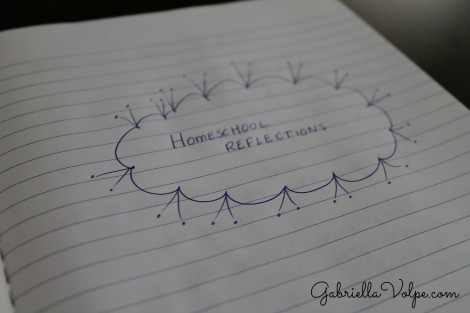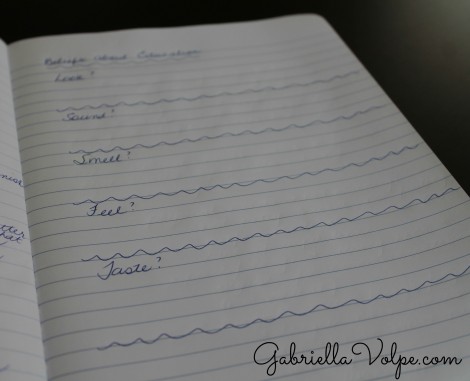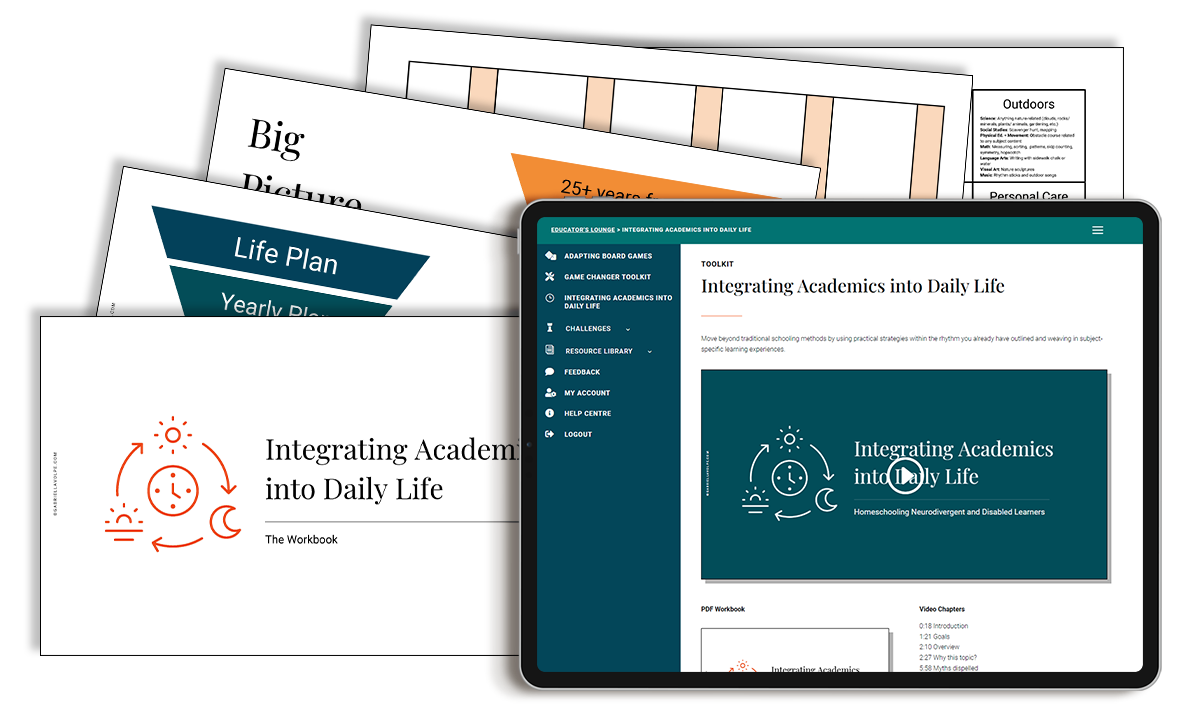I’ve put together a mini-series of things to think about, ask yourself, and do to help you plan the year successfully.
In this mini-series, you will find: a philosophical planning post (that’s this one), as well as a post for finding your child’s learning style and dominant intelligence, selecting an educational style, finding the curriculum & resources, adapting/modifying the curriculum, yearly planning, monthly planning, weekly, and then, daily planning. I conclude the series with some bits about student assessments and evaluations.
What is Your Philosophy of Education?
Before you dig deep into Pinterest and all of the inspiration you’ll find there, reflect on and discuss your educational philosophy.
It’s worth the effort to complete this step as it lays the groundwork for everything else that follows and will save you time in the long run. Once you know your family’s philosophy of education, you can share it with anyone who asks why you decided to homeschool (which makes it a nifty little tool to have on hand).
You might consider starting a home educating journal (different from a homeschool planner) or just adding a few extra pages to your planner for writing down the bones.

My home educating Reflections Journal

Answer these preliminary questions:
-
- Why did you decide to educate at home?
- What particular needs does your neurodivergent or chronically ill/disabled child possess that you know you can provide in a home setting?
- What values do you wish to impart to your child/family?
- How do you want your child to feel on a daily basis?

Taking into account how you responded to the questions above, devise your philosophy of education by responding to these final questions:
- What do you believe, as a family, about education? What does education look like? Sound like? Smell like (yes, smell is important too)? Feel like? Taste like (another important sensory input to consider)?

You don’t need complicated worksheets. I simply divide my page into spaces for the five senses and brainstorm.
Writing Your Belief Statement
After the initial brainstorm, clearly delineate it in a sentence or two: As a home educating family, we believe education is [fill in the blank with your unique beliefs] because [add what you jotted down about the five senses here].
Here is my example:
As a home educating family, we believe education to be a living and growing experience that takes place in a loving, nourishing environment because nothing inspires a learner more than a beautiful, peaceful, chai-scented, and nurturing space.
Practice saying the words aloud. You may need to tweak it here and there. In fact, you may need to change it as your home educating experiences evolve—which is encouraged.
What is your family’s philosophy of education?
Related Article:
Did you know that I help families at every stage of the home educating journey?

Integrating Academics into Daily Life Workshop
Discover how to integrate academics into daily life. For homeschoolers of neurodivergent and disabled learners.

0 Comments